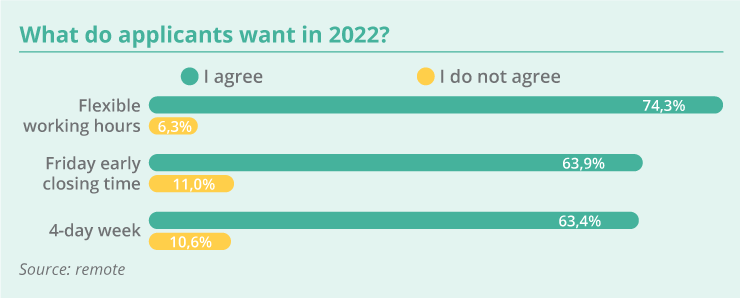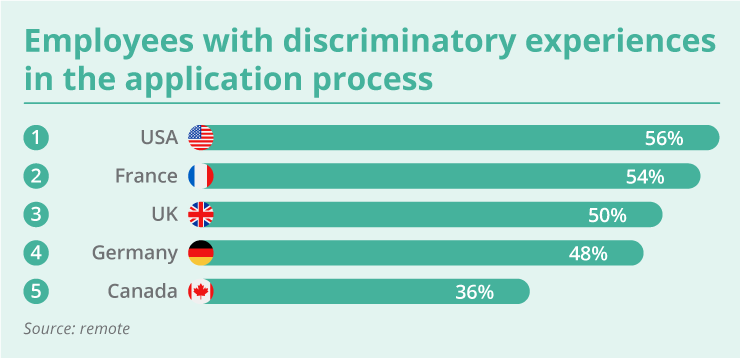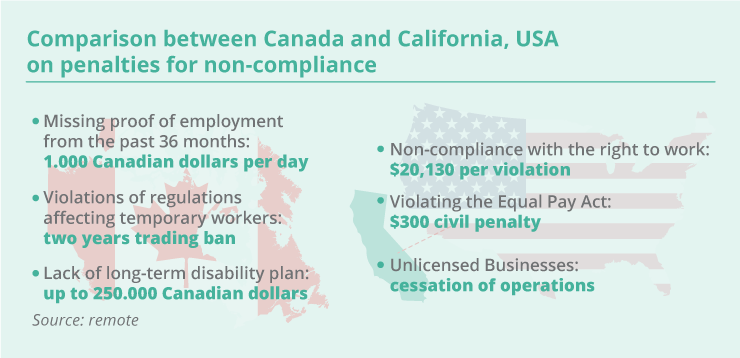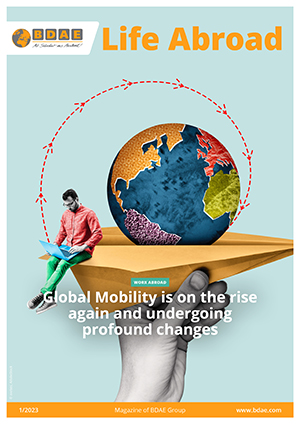Whitepaper on international remote work shows opportunities and risks
The traditional nine-to-five work model has largely become outdated in the modern global workplace, with many companies shifting their focus towards flexible working hours and asynchronous collaboration across different time zones and national borders. To ensure success, it's crucial for companies to establish both the technical and legal framework necessary to support this new way of working, while also remaining mindful of international regulations that may come into play.
The Dutch company Remote has recently released a compelling white paper (in german) that sheds light on the global significance of remote work. The report highlights the evolving needs and preferences of employees, while also offering valuable insights into the effective implementation of location-independent work arrangements.
A recent survey of 10,000 full-time remote workers found that over 74 percent of employees worldwide desire flexible working hours. This preference for flexibility is driving the growing popularity of part-time models like the 4-day work week, which are considered a crucial factor in job choice by 63.4 percent of respondents.
Many companies have realised that they have to meet the need for more flexibility in order to find and keep good employees. In order to remain competitive, according to the job board Monster, a large proportion of companies are focusing on making positions more flexible (37 per cent).

Greater flexibility is a core element of the new way of working. This is especially true for remote-first companies that have to coordinate employees across various countries and time zones to ensure optimal efficiency. However, these companies also face the challenge of "proximity bias," which refers to the subconscious tendency to give preferential treatment to people who are physically present. Hybrid work, where some employees work remotely while others work in the office, adds another layer of complexity. Therefore, companies must ensure that all remote workers feel fully included, trusted, and valued, just like their physically present colleagues.

To succeed in the global marketplace and attract the top talent in the industry in the worldwide "war for talent", it is necessary to pay close attention to cultural differences and local conditions.
What women want worldwide
The study conducted in Brazil, Eastern Europe, India, the United Kingdom, and the USA has highlighted three key points that are at the forefront of women's minds when deciding on a company in these countries:
- Stability
- a good starting salary
- attractive social benefits
A larger proportion of women (55%) prefer to work in a well-established organization compared to men, who make up 47%. Women (32%) also prioritize employers offering maximum flexibility, especially when it comes to holidays, more than men (26%).
Challenges in global recruiting
In addition to adequate pay, flexible work models and the offer of attractive benefits, the recruitment of top global talent in remote-first companies requires above all an inclusive hiring and onboarding process. However, the global remote study reveals major deficits here. For example, almost half of the job seekers in Germany, the UK, the USA, France and Canada have already been discriminated against in the application process. Some companies need to catch up here and should raise awareness of the issues of inclusion and diversity within their teams through training and awareness-raising measures.
Compliance risks in global hiring
Another finding of the study: many shy away from hiring globally - one reason: safety and compliance concerns. In fact, locally applicable regulations and legal requirements also pose major difficulties for many employers in practice. 30 per cent of corporate decision-makers cited compliance with local laws as the biggest challenge in implementing global payroll. Penalties for compliance violations range from large fines to civil penalties or shutdowns, depending on the country. Companies need to be acutely aware of what regulations apply in the country where remote workers are located. For example, a breach of the General Data Protection Regulation in the UK can cost up to £18 million. A failure to pay sick pay to an employee will cost at least £3,000.

Conclusion: The guide helps managers and employees worldwide to get a comprehensive and informative overview of all the challenges involved in the transition to remote work. Only by looking at remote work as a holistic process can companies create a globally attractive, sustainable working environment.

